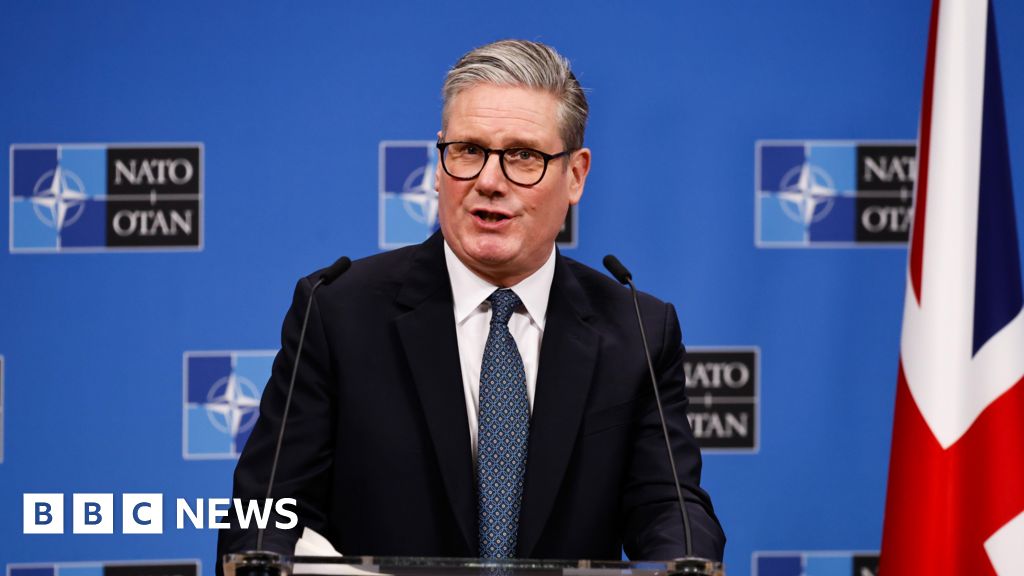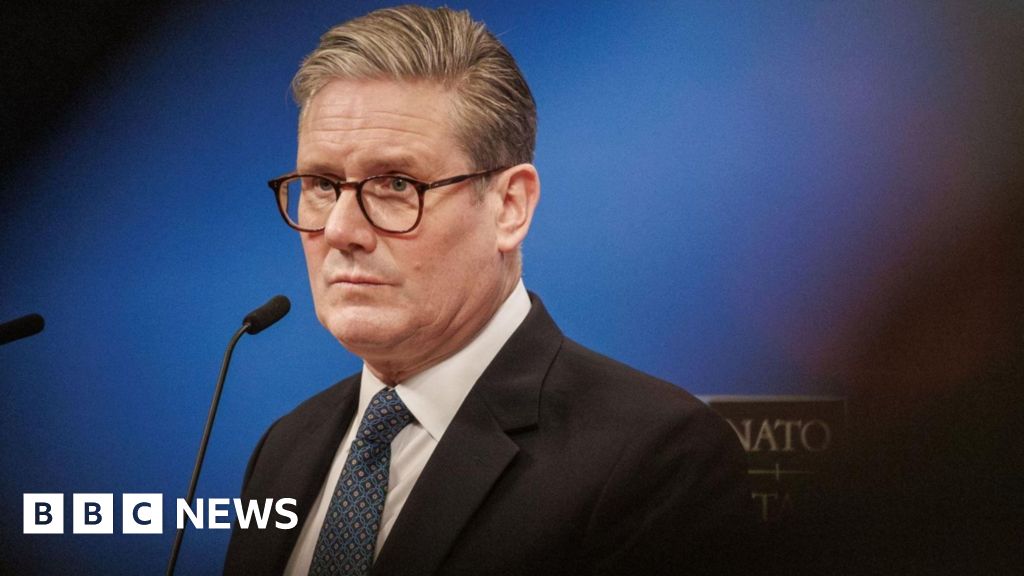Last Updated: January 24, 2023, 16:54 IST
Some claim it will make writers, developers, tutors, and artists unemployed.
The 60-year-old Indian tycoon wrote that the launch of ChatGPT marked a “transformative moment in the democratisation of AI.”
Asia’s richest man, Gautam Adani, claims to be dependent on ChatGPT, a potent new AI tool that converses with users in an uncannily believable manner. The 60-year-old Indian tycoon wrote on LinkedIn last week that the launch of ChatGPT marked a “transformative moment in the democratization of AI given its incredible powers as well as comical mistakes.”
Since he began using ChatGPT, the millionaire acknowledged that he had developed some addiction to it. The tool has sparked discussions about how generative AI services, which can turn prompts into original essays, stories, songs, and images after training on vast online datasets, could radically transform how we live and work. The tool was made available to the general public by the artificial intelligence research company OpenAI late last year.
Some claim it will make writers, developers, tutors, and artists unemployed. Others are more upbeat and believe it will help workers complete their to-do lists more quickly.
Adani stated in his essay that “there can be no question that generative AI will have tremendous implications,” adding that it has the “same promise and risk” as silicon chips.
According to Adani, who runs companies in industries ranging from ports to power plants, “nearly five decades ago, the US was ahead of the rest of the world thanks to the pioneering of chip design and large-scale chip production, which paved the way for the rise of many partner nations and tech behemoths like Intel, Qualcomm, TSMC, etc.”
He continued, “It also cleared the path for guided and precision weaponry employed in modern warfare with more chips installed than ever before.” He predicted that the competition in the field of generative AI will soon become as “complex and as intertwined as the ongoing silicon chip battle.”
Recent tensions between the US and China have been stoked by Washington’s decision to forbid the sale of sophisticated computer chips and chip-making machinery to Chinese firms. There have also been some blocked Chinese investments in European semiconductor manufacturing.
Read all the Latest Business News here















































